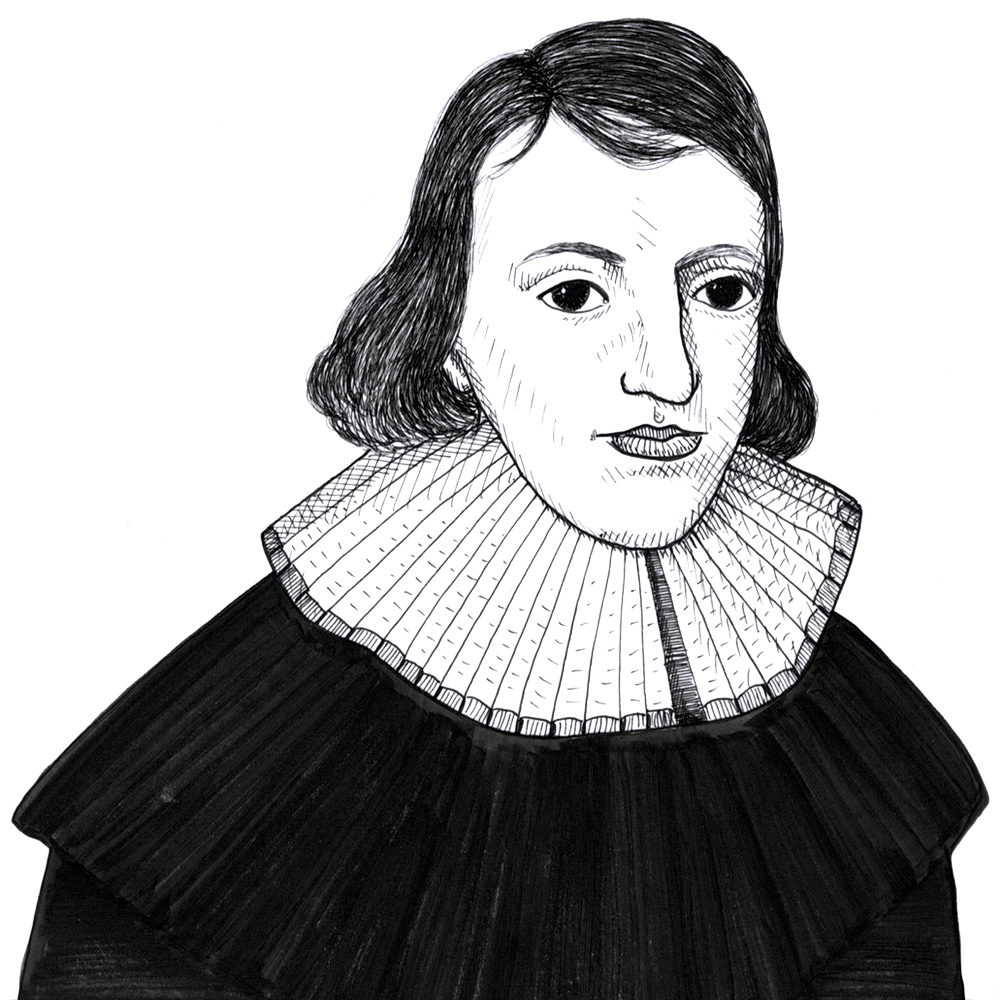
John Milton believes men live under a “double tyranny” within (the tyranny of custom and passions) which makes them blind to the tyranny of government without (1649)
Found in: The Tenure of Kings and Magistrates
John Milton draws upon classical authorities and Christian writers to support his argument that the people have the right and duty to rise up in rebellion and overthrow a tyrant:
Presidents, Kings, Tyrants, & Despots
If men within themselves would be governed by reason, and not generally give up their understanding to a double tyranny, of custom from without, and blind affections within; they would discern better what it is to favour and uphold the tyrant of a nation. But being slaves within doors, no wonder that they strive so much to have the public state conformably governed to the inward vicious rule, by which they govern themselves. For indeed none can love freedom heartily, but good men: the rest love not freedom, but license: which never hath more scope, or more indulgence than under tyrants.